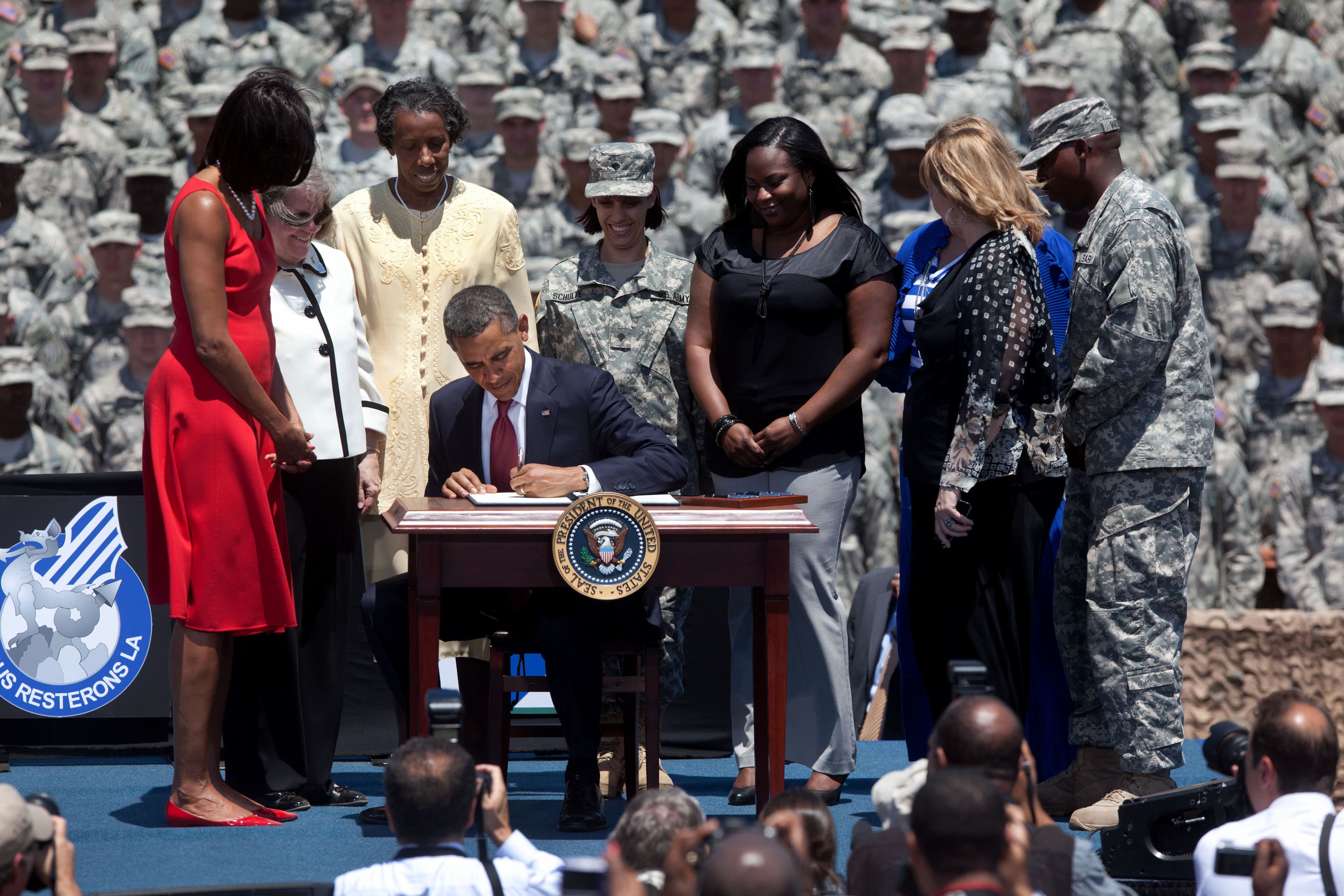Unsubstantiated Claims Surface Regarding Obama-Era National Security Council and Military Disobedience

Recent social media discourse has brought to light claims alleging that former National Security Council (NSC) members from the Obama administration advocated for military officers to disregard civilian control and disobey lawful direct orders. These assertions, framed by some as evidence of a "Deep State," lack substantiation in publicly available records and reputable analyses of civil-military relations.
The tweet in question, from user Robert Sterling, stated: > "If you want to know what the Deep State is, you couldn’t ask for a better example than two Obama NSC members—neither of whom served in uniform—calling for military officers to disregard civilian control of the armed forces and disobey lawful direct orders."
This claim runs contrary to the fundamental principles of civilian control over the military, a cornerstone of American democracy. U.S. military officers swear an oath to the Constitution, which establishes civilian authority, and are bound by the Uniform Code of Military Justice (UCMJ) to obey lawful orders. The UCMJ explicitly outlines that disobedience is required only for orders that are "manifestly" or "patently" illegal, such as those that would constitute war crimes.
Discussions surrounding military obedience typically emphasize the clear distinction between lawful and unlawful orders. For instance, Christopher Fonzone, who served as Deputy Assistant and Deputy Counsel to President Obama and Legal Adviser to the NSC, has articulated that military members are obligated to disobey "manifestly illegal" orders, such as those involving torture or targeting civilians. This principle is designed to prevent abuses of power, not to encourage general insubordination against legitimate authority.
Historical and contemporary analyses of civil-military relations consistently highlight the military's adherence to civilian control. While tensions and disagreements can arise between political leadership and military advisors, these are generally navigated within established legal and ethical frameworks. Instances of military figures, both active and retired, expressing dissent or concern usually pertain to policy disagreements or the legality of specific directives, rather than a call to undermine civilian control or lawful orders.
The term "Deep State" itself is a politicized narrative often used to suggest a hidden network of unelected officials manipulating government policy. In the context of the U.S. military, the robust framework of civilian oversight and the military's professional ethos are designed to prevent such a scenario. Absent concrete evidence, the recent claims regarding Obama NSC members appear to be speculative and inconsistent with the documented norms of civil-military relations in the United States.